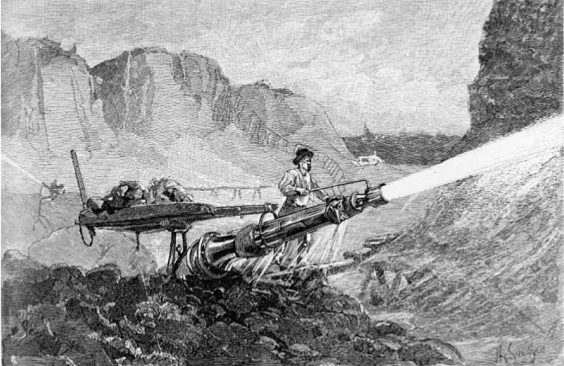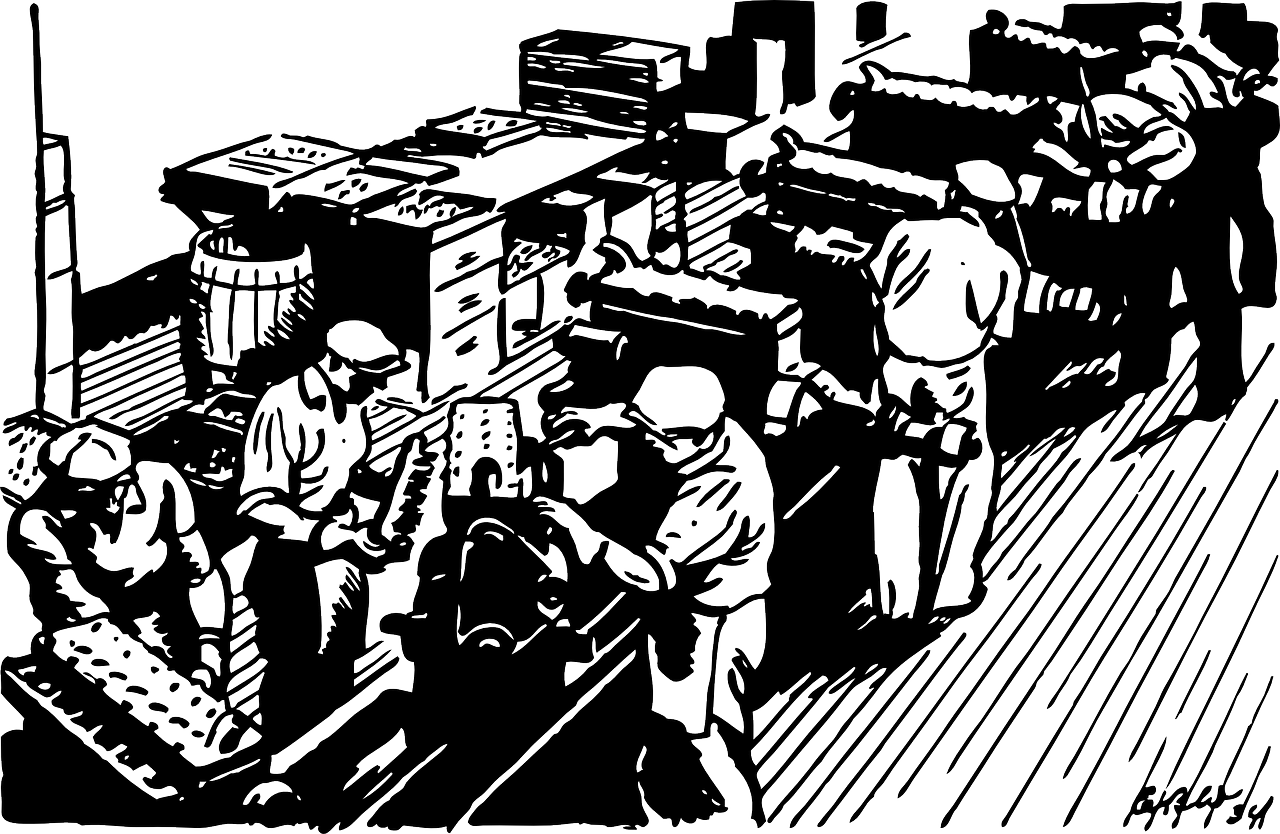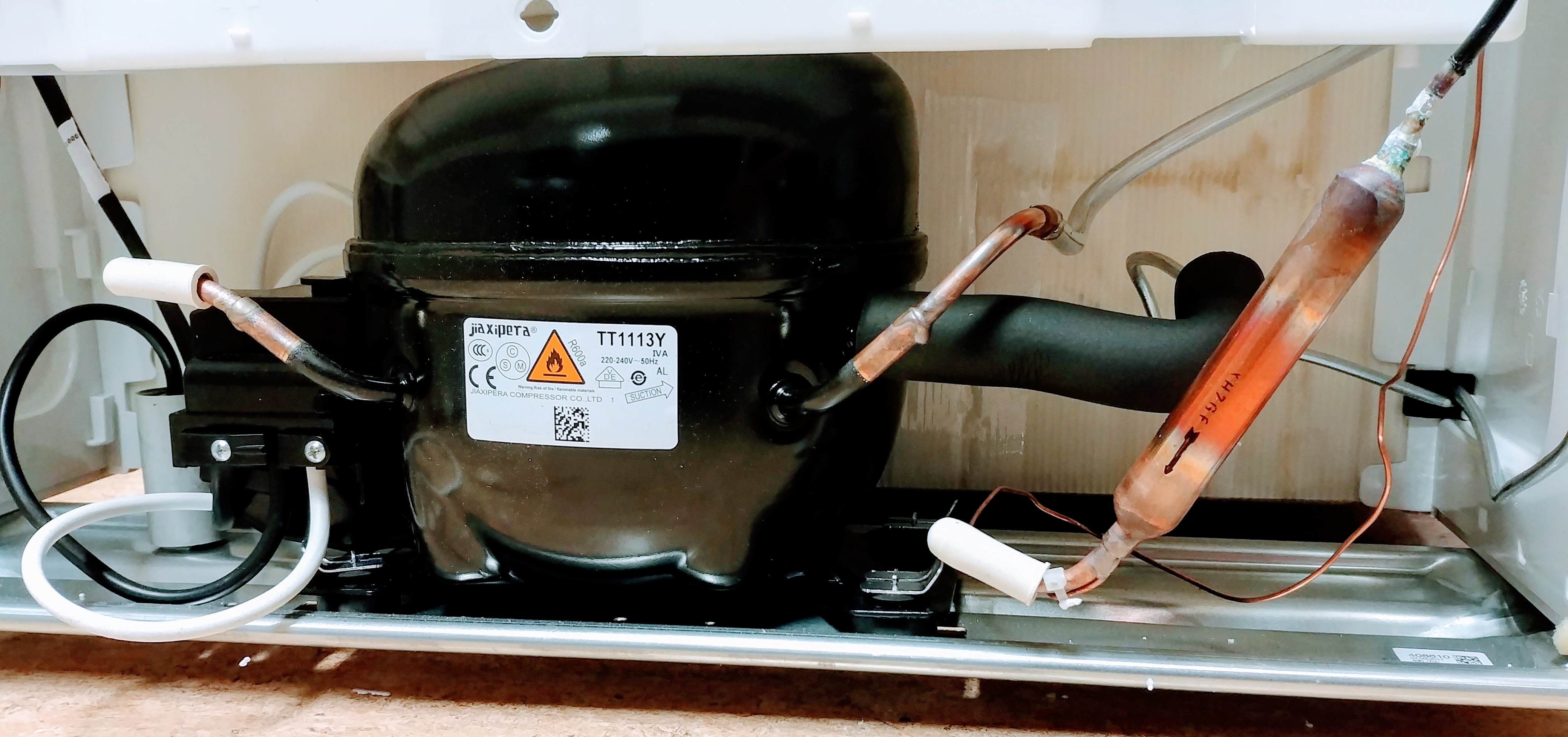
- Predavatelj: Joško Valentinčič
- Asistent: Marko Jerman
- Asistent: Izidor Sabotin
- Introduction
- Experiment and events
- Probability
- Random variables and probability distributions
- Function of random variable
- Statistical averages
- Statistics introduction
- Point estimators
- Hypothesis testing
- ANOVA
- Function estimators
- Stochastic processes
- Stochastic process characterization
- D. C. Montgomery and G. C. Runger: Applied Statistics and Probability for Engineers, Wiley, New York, 1994.
- J. S. Bendat and A. G. Piersol: Random Data: Analysis and Measurement Procedures, Wiley, New York, 2010.
- W. B. Davenport, Jr.: Probability and Random Processes: An Introduction for Applied Scientists and Engineers, McGraw-Hill, New York, 1970.
- I. Grabec and W. Sachse: Synergetics of Measurement, Prediction and Control, Springer, Berlin, 1997.
- Professor: Edvard Govekar
- Assistant: Andrej Jeromen
Professor: prof.dr. Niko Herakovič
Structure:
- Assembly systems
- Excursion
- Fundamentals_of_product_assembly
- Ergonomics and shaping of manual workplaces
- Logistics and simualtion
- Modular design
- Industry 4.0
- Key tecnologies

- Predavatelj: Mihael Debevec
- Predavatelj: Niko Herakovič
- Predavatelj: Miha Pipan
During the Cooling subject we want to provide
students useful knowledge in the field of food refrigeration, HVAC, as well as industry
refrigeration. The main objective of the course is to educate students in order
to select the correct cooling process according to the specific application so
that we always achieve the highest energy efficiency and the least
environmental impact. During the course, students will acquire theoretical as
well as practical knowledge in the field of sizing, vapor-compression cooling
cycles. Besides, students will learn the difference between the theoretical and
real cooling process, the importance of overheating, subcooling and heat
regeneration within the cooling cycle and gas cooling process. Particular
attention will be paid to refrigerants, their specific requirements, energy and
environmental considerations. Emphasis will also be placed on alternative
refrigeration technologies to increase the primary energy use, such as
trigeneration systems and absorption refrigeration. Students will also learn
about several alternative cooling systems, such as: solid-state physics-based
cooling and caloric cooling systems. Usefulness of the knowledge gained during
the Cooling course will be completed by demonstrating possible measures for the
use of condensing heat, which makes the operation of the refrigerator
equivalent to that of a heat pump.

- Predavatelj: Primož Poredoš